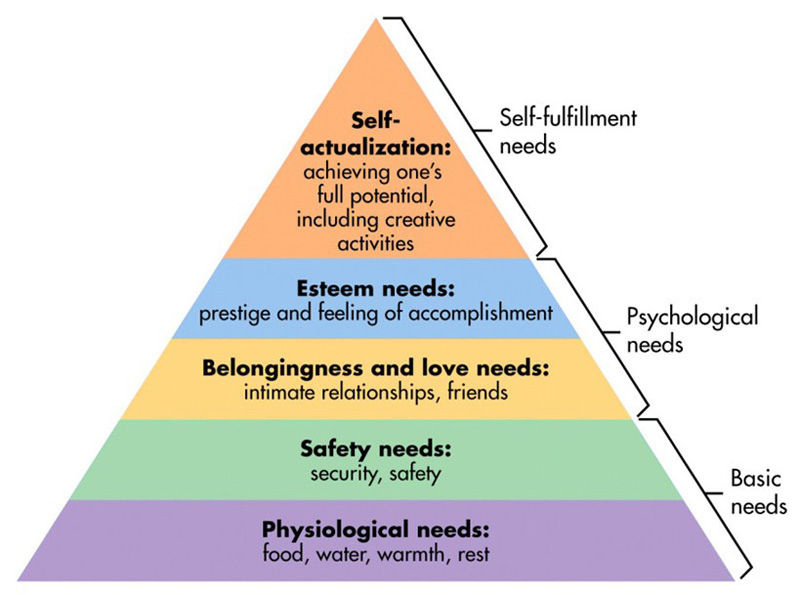I guess another way of looking at it is: would your dog choose you as an owner and, if so, why? Whether you bought your dog through a breeder or at a rescue, dogs have very little say in who buys them. You pay over the money and the dog is plucked from his current environment and jettisoned into a brand new environment, full of new human smells, noises and expectations. Talk about a wake-up call!
If you have previously been a dog owner, have other dogs in the home or are new to the world of dog ownership, the attributes needed to be a good owner are the same. The first thing to recognize is that a dog is not a child wrapped in fur but a unique living creature with its own sense of what the world looks and smells like. With DNA originating from their forefathers (wolves), dogs have a different form of communication than humans, have prey drive and interact with their own species in a different way than humans. It behoves us humans to learn about what makes our dog “tick” and adapt the way we look at our dog to avoid frustrations and misunderstandings.
Any living creature needs to have certain needs met if it is going to survive. Abraham Maslow created a pyramid “Hierarchy of Needs” (https://www.simplypsychology.org/maslow.html) which depicted human needs going from survival needs (physiological needs) through to what he describes as “Self-Actualization”.
If a dog is to survive, the physiological needs, defined as food, water, warmth and rest, have to be met. But good owners shoot for more than their dogs just surviving. They aim for at least the next level of Maslow’s needs which is “Safety Needs”, defined as security and safety needs. You want your dog to feel and be secure as well as feel safe in their environment. This level would also incorporate the need to ensure your dog is physically healthy, achieved through an appropriate diet and regular check ups with your vet clinic. This will be updated as your dog ages.
In recognizing that dogs are an integral part of the family unit, you would be right to believe that aspects of the next highest level in Maslow’s hierarchy of needs (Belongingness and Love) are appropriate. This is where an owner treats their dog with love and affection, similar to any other family member. Dogs give unconditional love to humans: good owners should reciprocate this sentiment. This level also recognizes that people accept their dogs for what they are, foibles and all. Love can also be recognized through the recognition that dogs need to be stimulated through physical and mental exercise. As such, as well as being part of the family unit, a good owner allocates time each day just to be with their dog, whether out walking, playing or showing affection to their dog.
Each dog has their own personality but the underlying needs don’t vary. The more time you take to get to know your dog, the more you will understand the complexities of this great species and what it means to live in harmony with man’s best friend.








